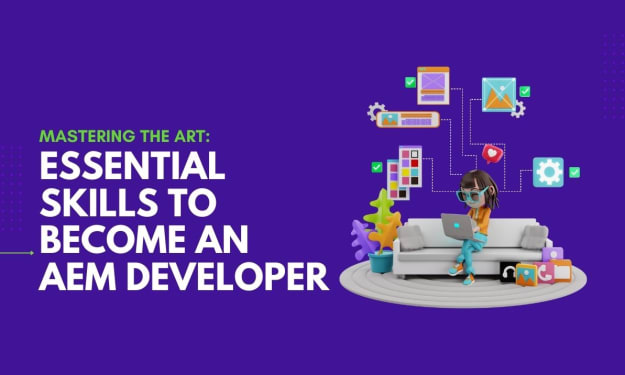Upcoming Technology-Driven Changes in Accounting Firms
Since technology has overtaken most of the compliance-related tasks, CPAs can shift their focus to advisory services and value-added strategic inputs, allowing the prospect of profit and growth to be as plausible as any point in the profession’s history.

CPA firms have long been serving businesses and individual’s accounting needs. They are not only organized to offer opportunities for recent college graduates, but they also cater to seniors, managers, and supervisors to help them hone their skills. If you are someone who is highly educated and motivated, you also stand a chance to partner up with the firm.
Nevertheless, the dawn of new technology and new ways of doing business can alter, if not overturn, the way accounting firms operate.
Firm leaders with a vision are overseeing the effects of advancements in data analytics, AI, and blockchain technology. Technology-driven changes in audit and tax services are likely to entail changes in a firm’s organizational structure. There could be a need for firms to recruit people with new skills, train existing staff and familiarise them with the latest advancements, consider new billing models, and pay special attention to providing advisory services and strategical thinking.
As per the AICPA President and CEO Barry Melancon, CPA, CGMA, the accounting firms are going to have drastic changes in their organizational structure and operation in 10 years. Leaders in the profession maintain that CPAs will have an important role in the new business environment. Moreover, the US Bureau of Labour Statistics also predicts a positive future for the profession.
Since technology has overtaken most of the compliance-related tasks, CPAs can shift their focus to advisory services and value-added strategic inputs, allowing the prospect of profit and growth to be as plausible as any point in the profession’s history.
Technological-driven changes
Technologies such as data analytics, machine learning, and AI have become the potential drivers for a new dawn in the accounting profession. Now, 5G has come along to make the adoption of the former technologies easier and quicker.
With faster internet, security protocols will become stronger without hindering performance. With 5G internet, accountants will be able to connect with their applications without having to connect to a WiFi network. 5G internet will also allow access to significantly more information on operational activities behind the business decisions.
Changes in firms
As 5G becomes more accessible, it will pave the way for the growth of machine learning and AI. AI requires a ton of data in order to perform tasks and skills that are typically expected of humans. Everything that uses AI as its primary function needs to be fed with a lot of data and to be taught to access that data. The more data you feed into a machine learning software, the faster AI can learn and adapt.
This could be big news for the accounting profession. For instance, combining AI, big data, and blockchain technologies can make it possible to verify business transactions and audits in real-time.
In the near future, auditing will include accessing unstructured data, cleaning them up, assembling them from various sources, analyzing them, and presenting the insights in a visual form, all in real-time. Accessing full data sets will turn the auditing process upside down. Auditing starts with aggregated data and the testing of sample transactions to come up with an opinion on the validity of the data set. Nevertheless, with the technology in place, auditing in the future will include continuous monitoring of transactional information.
Moreover, auditing is not the only aspect of the accounting profession that will undergo major changes. Many more areas of accounting will be facing changes including tax preparation and planning. Accountants will be providing insights and advice for the business they are serving by analyzing data in real-time instead of preparing historical financial documents based on past transactions.
Accountants will also need to gain new skills and expertise in order to stand the test of time. Chief among these skills is data engineering and data science.
Accommodating more technologists
Many accounting firms are already adding more technology skills to their teams. Large accounting firms(e.g. accounting firms in Brampton) have started purchasing technology companies and accounting firms of all sizes are hiring nonaccountants employees at an annual growth rate of 20%.
Every member of each team will play a different role in delivering outsourced account services for clients. For example, a staff accountant could take on the computational work, making sure the technology and data integrations are working. A CPA can take responsibility for reviewing accounting records, completing month-end entry work. A CFO would review financials and provide insights into the client’s key performance indicators. Lastly, a customer-service or project manager can handle engagements and meet with clients to relay the analysis and ask about other tasks that the client might request.
About the Creator
Shane Mathew
Shane Mathew is a blogging enthusiast. He loves sharing information and idea through the power of word across the whole world.





Comments (1)
Thanks for the insights. This will help be helpful as I am also handling clients in the technology sector.